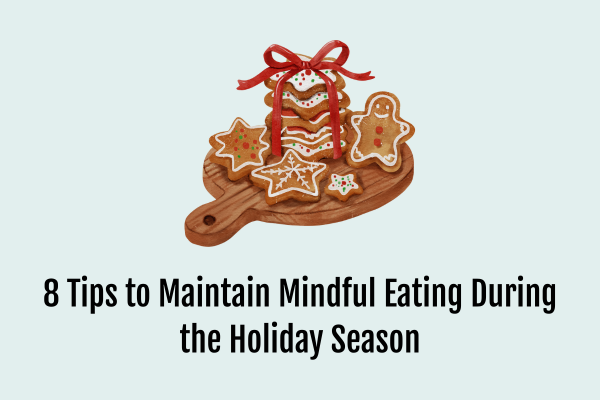Points By: Ashley Beam
In the realm of eating disorders, Anorexia Nervosa and Orthorexia Nervosa often stand as contrasting but equally complex conditions. These disorders not only affect individuals physically, but also deeply impact their mental and emotional well-being. Let's delve into the nuances of these disorders and explore the blurred lines between them.
Anorexia Nervosa is characterized by an intense fear of gaining weight, leading to restrictive eating habits and a distorted body image. On the other hand, Orthorexia Nervosa revolves around an obsession with eating "healthy" and “perfect” eating. Both can have severe consequences on physical health and emotional health.
When Recovery Goes Too Far In the Other Direction
Recovery from Anorexia Nervosa is complicated. An individual may begin eating more, but instead of embracing a balanced approach to nutrition, individuals may channel their focus into building muscle or appearing "leaner" or "fitter" rather than genuinely prioritizing their health.
This shift from anorexia to a health obsession can manifest in the form of eating a better variety of nutrient-dense meals, but with the underlying motive of gaining muscle to maintain a certain appearance. The desire to start going to the gym or exercising may be initially fueled by a genuine intention to improve health, but it can quickly evolve into a means of maintaining a specific size or weight.
For many individuals, turning to exercise or the gym becomes a coping mechanism to deal with the anxiety or guilt associated with weight gain during the recovery process. By focusing on building muscle, they may trick their support system into believing they are getting better, when in reality, they might be sliding into a pattern of exercise bulimia.
What is Exercise Bulimia?
Exercise bulimia involves consuming a healthy caloric amount or even overeating and then using exercise as a way to "burn off" the calories and maintain a desired weight or size. This behavior can become compulsive and harmful, leading to overtraining, injuries, and a distorted relationship with food and exercise.
The challenge lies in recognizing when the pursuit of fitness and health has crossed the line into obsession. It's crucial to differentiate between exercising for physical well-being and using exercise as a tool for body manipulation or compensation for food intake.
The distinctions between Anorexia Nervosa, Orthorexia Nervosa, and Exercise Bulimia may seem clear-cut on the surface, but the reality is far more complex. The journey from an eating disorder to a healthier mindset often involves navigating through a maze of conflicting emotions, societal pressures, and personal beliefs. Seeking professional guidance and building a support network are essential steps towards true recovery and a balanced approach to physical and mental well-being.
If you need a support system of your own, don’t hesitate to reach out to us (scheduling@casespecificnutrition.com). We believe in your recovery. You’ve got this.

.avif)


.png)
.webp)

